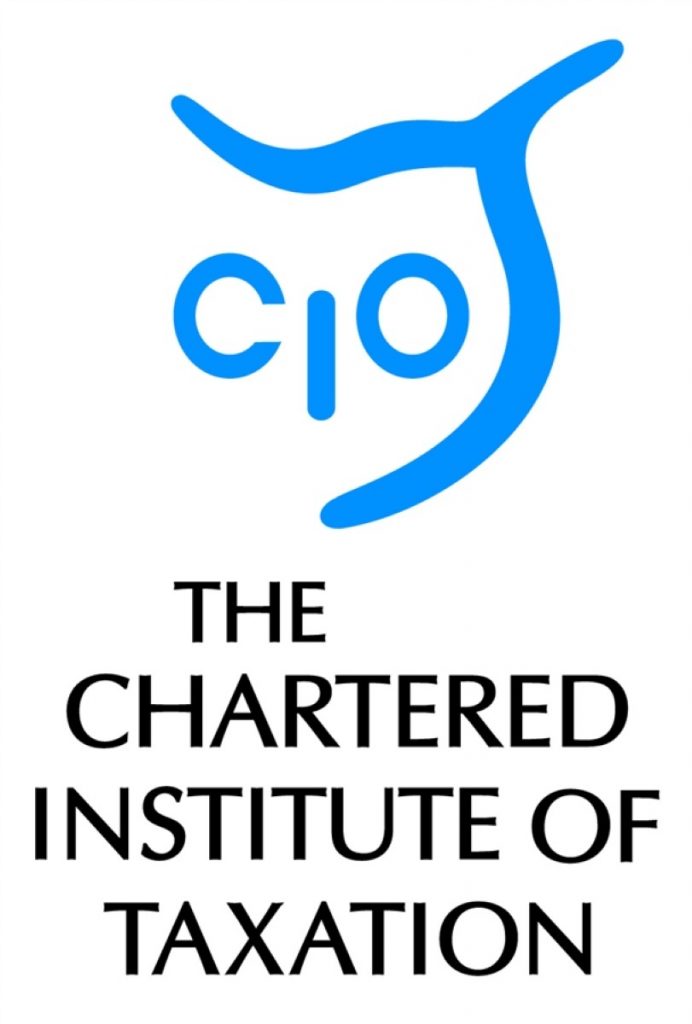CIOT: As HMRC announces another campaign, tax advisers say: Time for a general disclosure facility
As HMRC announces another campaign, tax advisers say: Time for a general disclosure facility
HM Revenue and Customs (HMRC) should heed the advice of the House of Commons Treasury Committee and establish a ‘general disclosure facility’ to make it as easy as possible for people to put their tax affairs in order, says the Chartered Institute of Taxation (CIOT).
The CIOT has been calling for such a facility since 2007 and was delighted when it was recommended in a report by the Committee last week.1
HMRC today launched its ‘e-Markets Disclosure Facility’, offering people trading on the internet using online marketplace sites the opportunity to pay tax they owe with a lower than usual penalty. This is the third ‘HMRC campaign’ already to be run in 2012, joining those targeting electricians and tutors and coaches. These are in addition to previous campaigns targeting plumbers, medics, offshore bank account holders and businesses not registered for VAT, which have been completed. Campaigns targeting the ‘Home Maintenance’ sector, direct sellers and those with ‘missing’ self-assessment returns are promised in the near future.
In addition to these campaigns, HMRC have a number of task forces that target specific business sectors in specific locations where there is evidence of tax evasion.
Gary Ashford, who represents the CIOT on HMRC’s Compliance Reform Forum, commented:
“Professional traders who use e-bay and other online marketplaces and don’t pay their full taxes are another obvious target for the taxman.
“However there is a danger that the conveyor belt of disclosure facilities aimed at different groups will make others who wish to get their tax arrears in order wonder whether they should wait for ‘their’ opportunity.
“There is a risk that HMRC are missing the big picture. Rather than continuing to launch different targeted campaigns every few weeks, HMRC should focus their efforts on a big national campaign open to all taxpayers whose tax affairs are not up to date; a one-off disclosure that lasts sufficiently long and is sufficiently attractive to get people to come forward to clean the slate.
“Additionally, as the MPs on the Treasury Committee have highlighted, there is a need for a clearly signposted, permanent route to enable anyone whose tax affairs have slipped but who has seen the light and wants to get themselves regularised again to do so. It would need to be clear what the penalties would be and the (limited) circumstances in which prosecution would be used.”
Notes to Editors
The relevant paragraphs of the Treasury Committee report, ‘Closing the Tax Gap: HMRC's record at ensuring tax compliance’, read:
33. A further suggestion made by a witness [Frances Corrie, Tax Aid] was that there should be: a more permanent, visible and transparent route in either through the helpline or, as online is the preferred mode, something on the website that enabled people to effectively get themselves back into the system at the time when in our experience what prompts people back into the system is very often personal events in their lives. It is not the availability of a campaign or even the thought that the Revenue are more closely breathing down their necks. It is their partner who has told them to get themselves sorted out or there is a baby on the way.
34. We find this argument very convincing. We were told in evidence that it was difficult for those who wished to become compliant and settle previous years' tax to do so. If there was a clearly signposted and easy-to-use disclosure facility on HMRC's website, this might encourage people to regularise their tax affairs. HMRC should consider establishing a general disclosure facility to run alongside its targeted campaigns. The details of the facility should be easy for all taxpayers to access and understand. These details would need to include clear information on HMRC's policy on prosecution.
The Chartered Institute of Taxation (CIOT) is a charity and the leading professional body in the United Kingdom concerned solely with taxation. The CIOT’s primary purpose is to promote education and study of the administration and practice of taxation. One of the key aims is to achieve a better, more efficient, tax system for all affected by it – taxpayers, advisers and the authorities.
The CIOT’s comments and recommendations on tax issues are made solely in order to achieve its primary purpose: it is politically neutral in its work. The CIOT will seek to draw on its members’ experience in private practice, government, commerce and industry and academia to argue and explain how public policy objectives (to the extent that these are clearly stated or can be discerned) can most effectively be achieved.
The CIOT’s 15,800 members have the practising title of ‘Chartered Tax Adviser’ and the designatory letters ‘CTA’.
George Crozier
External Relations Manager
D: +44 (0)20 7340 0569
M: +44 (0)7740 477374
The Chartered Institute of Taxation
Registered charity number 1037771
www.tax.org.uk
The Association of Taxation Technicians
Registered charity number 803480
Registered company number 2418331
VAT Registration Number 497 5390 90
www.att.org.uk
Low Incomes Tax Reform Group – an initiative of the Chartered Institute of Taxation
www.litrg.org.uk
1st Floor, Artillery House, 11-19 Artillery Row, London SW1P 1RT





-01.png)